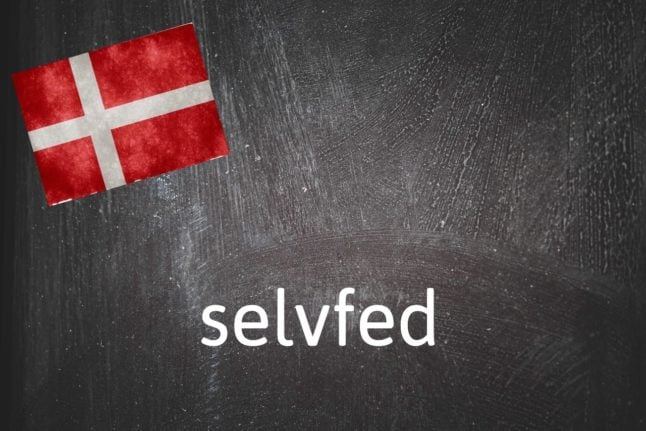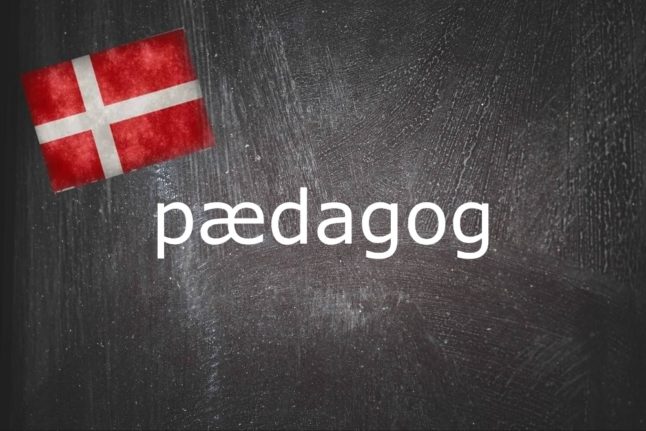What is selvfed?
Selv (“self”) and fed (“fat”) combine to create a composite word that has a figurative, rather than a literal, meaning (thankfully).
To be selvfed, though it literally means “self-fat” or “fattened on oneself” to translate slightly less directly, means to “perceive oneself as being smart, good, clever or similar”.
It is normally used in a derogatory manner, so you wouldn’t usually say it about yourself but might hear someone describing another person (perhaps behind their back, but perhaps not) as being selvfed.
A possible English translation might be “smug”, but this doesn’t always quite fit. “Self-satisfied” is a good option, while the more colloquial “full of oneself” (“he’s so full of himself, the way he always interrupts and thinks he knows everything”) is arguably a closer equivalent, with the added benefit of evoking similar imagery.
Why do I need to know selvfed?
Admonishing someone for being selvfed, or complaining to somebody else that a person is selvfed, feels like it fits well with a well-known aspect of Danish culture: humility. Even though making such an assertion might be a bit outspoken in itself.
The mindset of not excessively building up one’s knowledge or achievements, and instead remaining modest is a known Danish social more, and one we’ve alluded to in earlier words of the day.
As such, someone who’s a bit drunk on their own success risks being seen as selvfed, which is arguably a more negative thing in Denmark than it might be elsewhere.
READ ALSO: Five Danish social norms that might be new to newcomers
Examples
Han laver hele tiden latterlige opslag på Instagram. Jeg synes han er lidt for selvfed.
He’s always posting ridiculous things on Instagram. I think he’s a little bit self-satisfied.
Liam Gallagher er lige så selvfed nu, some han var i 90’erne.
Liam Gallagher is just as arrogant now as he was in the nineties.



 Please whitelist us to continue reading.
Please whitelist us to continue reading.
Member comments